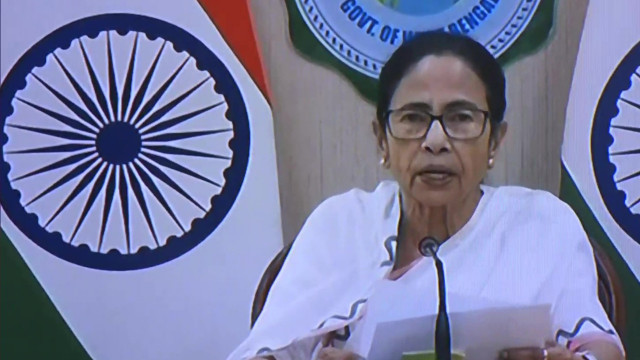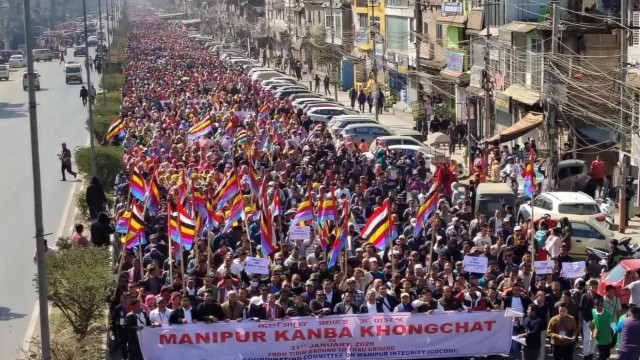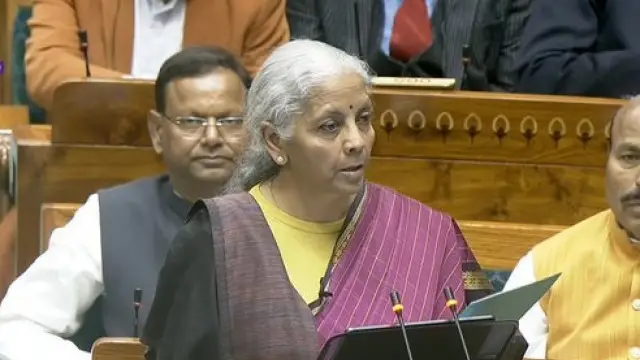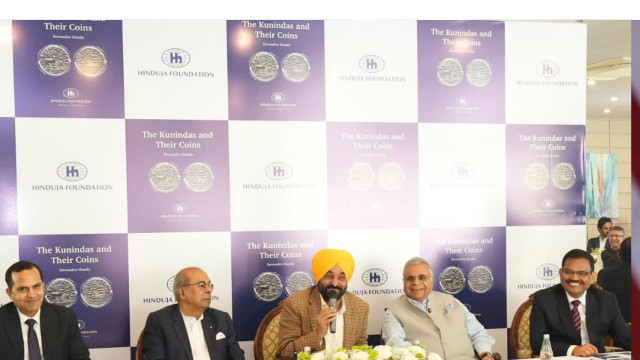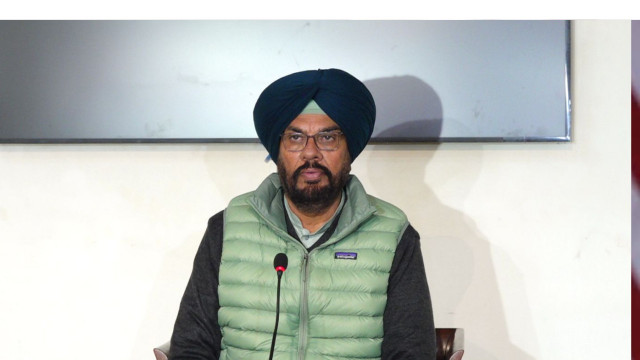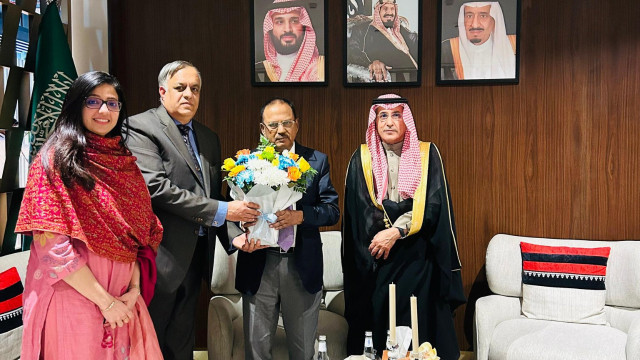India-EU FTA Talks Kick Off Today: Target Completion by Year-End 2025
The 11th round of Free Trade Agreement (FTA) negotiations between India and the European Union (EU) begins today, May 12, 2025, in New Delhi, with both sides aiming to finalize an interim deal soon and complete the full agreement by December 2025.

India-EU FTA Talks Kick Off Today: Target Completion by Year-End 2025
The 11th round of Free Trade Agreement (FTA) negotiations between India and the European Union (EU) begins today, May 12, 2025, in New Delhi, with a goal to finalize the deal by December 2025. With bilateral trade hitting $137.41 billion in 2023-24, the FTA aims to deepen economic ties amid global trade uncertainties. This article delves into the talks’ objectives, challenges, and potential impacts on both economies.
Objectives and Scope of the FTA
The India-EU FTA seeks to boost trade in goods, services, and investment, covering 23 policy areas like market access, intellectual property, and sustainable development. India aims to increase exports of textiles, pharmaceuticals, and IT services, while the EU targets greater access for its automobiles, wines, and machinery. The agreement is expected to reduce tariffs, streamline customs, and foster technology collaboration. Both sides plan an interim deal within months, with the full pact by year-end, driven by the need to counter US tariff hikes and China’s economic slowdown. The EU, India’s largest trading partner, sees this as a strategic pivot to diversify supply chains.
Challenges in Negotiations
Despite progress since talks resumed in 2022, sticking points remain. India seeks to protect its dairy and agriculture sectors, resisting EU demands for lower tariffs. The EU, meanwhile, pushes for reduced duties on cars and luxury goods, which India fears could harm domestic industries. Data privacy rules and labor standards also pose hurdles, with India advocating flexibility to align with its economic priorities. Recent posts on X reflect cautious optimism but highlight concerns over India’s small businesses. Both sides must balance ambition with pragmatism to meet the tight deadline.
Economic and Strategic Impacts
A successful FTA could add $100 billion to bilateral trade by 2030, boosting India’s GDP and creating jobs in export-driven sectors. For the EU, it offers a foothold in India’s growing market. Strategically, the deal strengthens India’s global trade position amid tariff wars. However, failure to resolve key issues could delay benefits. As negotiations intensify, India and the EU are poised to shape a transformative economic partnership.




